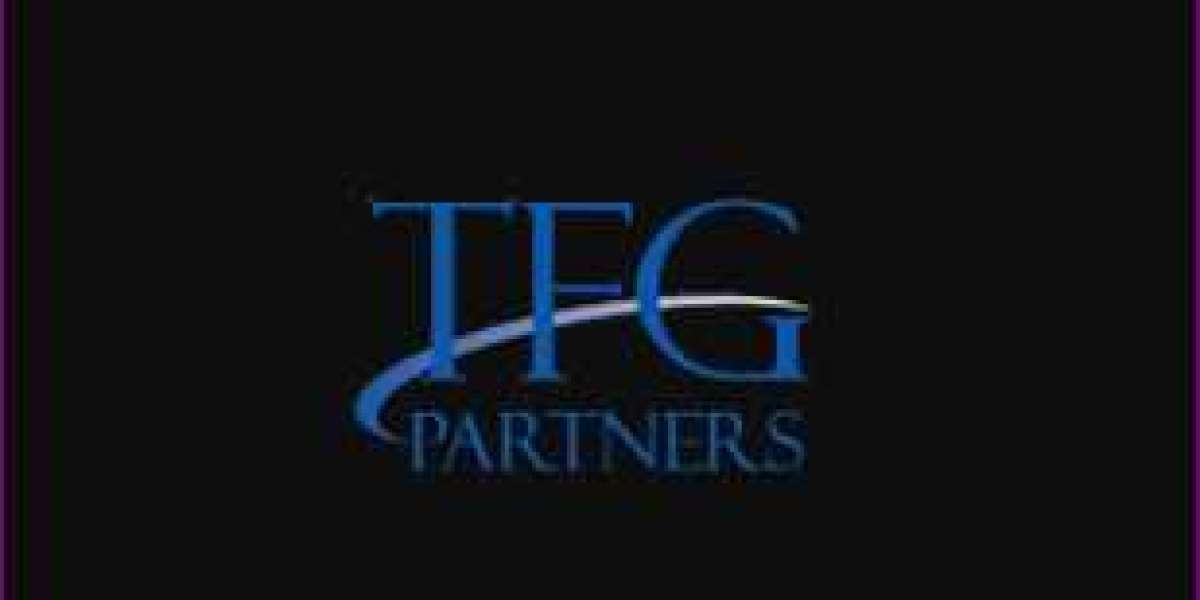Errors in medical bills and the claims filed to pay them to add up to millions of dollars annually. Therefore, corporate and nonprofit employers that self-fund their plans increasingly use health plan auditing services for oversight. As claim payments have increasingly moved out of house to third-party processors, sponsors rely more on auditing as their backstop. Health insurance carriers that act as TPAs have a high degree of accuracy, and error rates are kept low. But because the dollar amounts of claims are high, even a tiny percentage can significantly affect a sponsor's bottom line.
Extraordinary events such as the coronavirus pandemic can cause unexpected spikes in utilization and claim costs. Audits help review claim payments and flag potential overcharges or incorrect bills paid that can be recovered. There is no substitute for careful plan management, and auditing more often has become standard for many sponsors. Medical practices and health care providers also benefit from audits to ensure they are coding correctly and billing for all services rendered. Health plan claims and payments are necessarily complex endeavors and need oversight.
Each year medical and prescription costs continue to increase relentlessly, and data about where the increases have occurred is instructive. It assists in future negotiations with providers about rates and fees. Taking someone's word for it is never a strong spot for negotiation, and plan sponsors armed with data and information always do better. Member service can benefit from an audit, which happens in many ways. But at the core, ensuring all members are treated equally and fairly is a paramount concern. The regulations covering self-funded plans call for all dollars to be spent wisely and beneficially.
Keeping audit software running continuously in the background is an increasingly common practice. The price for the service is nearly always less than the funds it helps recover. When you catch mistakes as soon as they occur, there are fewer questions about refunds and easier negotiation. If you audit your plan infrequently and try to recover overpayments from years ago, it can be a complicated process and drawn-out negotiation. Continuously monitored plans also fared better during the coronavirus pandemic because they made real-time corrections. It prevented complicated future recoveries.








